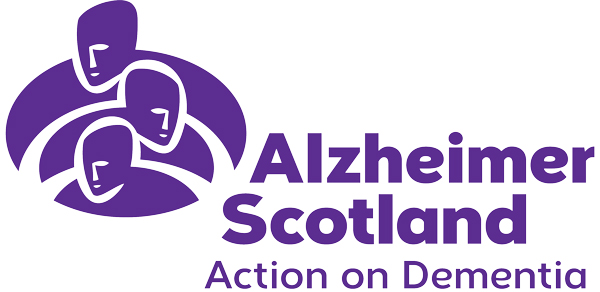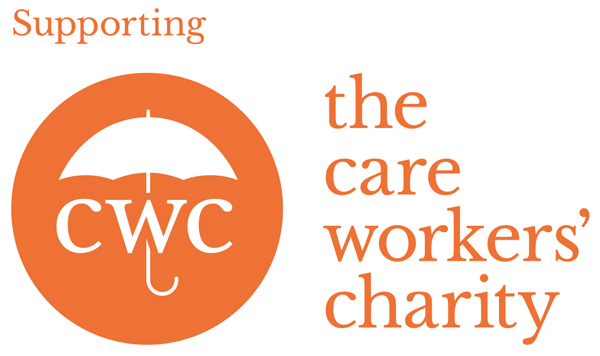Not seeing your loved one for so long can be difficult for both of you. Here are some tips which we hope will help you with your first visits.
Arrive ahead of your visit
Please arrive at least 15 minutes before your designated visit time. This will give you time to fill in any consent forms, dress in any required PPE and be briefed by the staff on the visit. This also ensures you will be able to spend the duration of the visit with you loved one.
Wearing a facemask
We recognise that this may be difficult and you will need to take time to explain why you are wearing the mask. It is probably worth mentioning the virus in general, to help your loved one understand why you are wearing a mask.
It is critically important to the health and wellbeing of your loved one that you wear a mask correctly. Please remember that your loved one may have become used to our staff wearing a mask and may be unlikely to be fearful of seeing you wearing one.
Meeting outside reduces the risk of you passing on the virus but it does not eliminate it completely.
When wearing a facemask during your time with your family member you should:
- Speak slightly louder and clearer.
- Use the tone of your voice to convey your message.
- Consider writing information down for your relative to read, if they can.
- Use gestures/signs to communicate.
- Maintain eye contact.
- Try and wear clothing that your relative may recognise.
Physical distancing
One of the hardest aspects of the COVID-19 situation is the need for physical distancing between those of different households, including family members. Not everyone will understand the need to maintain a physical distance and may want to greet you with some sort of physical contact. This response is understandable after not seeing each other for a long time. Because of this we need to consider different options to reflect each individual resident, their understanding, needs and rights. It is important that a two metre distance is maintained to protect your loved one, you as the visitor, our staff and the wider community. A gentle reminder from yourself or a staff member may be all that is required. We realise this is also difficult for you. However, we would ask you not to initiate physical contact.
Will they remember you?
For many people, the worry of a relative no longer recognising you can be overwhelming. But it is important to stress that, despite the time spent apart, many people living with dementia will remember their relatives. However, some people may struggle at first.
If your relative doesn’t recognise you straight away, try not to worry and give them time to remember. It may take more than the initial meeting for those memories to be reconnected. Also, you might need to:
- Re-introduce yourself and remind them of the relationship between the two of you.
- Consider taking with you an object that you can give to your relative with dementia which will remind them of the connection the two of you have. This would need to be something that could be easily sanitised by staff, e.g. a meaningful photograph could be laminated or placed into a wipeable container.
- Talk about the distant past first rather than the recent months. By doing this you are more likely to make your relative feel at ease because they may find it easier to recall long term memories.
If, despite all of your attempts, your relative doesn’t recognise you, remember that their emotions still remain. They will still benefit from seeing you, hearing your voice and enjoying your company even if they are not sure who you are.
If your relative cannot remember your connection, try not to convince them or correct them about your relationship. For example, if you are their daughter but they call you mum, try not to contradict this. Remember, despite the difference in the words they still often have the same feelings connected to them, i.e. love, trust and friendship.
You family member’s health
It is possible that your relative’s health may have changed. All of us have been affected by the lockdown and this is equally true of residents living in a care home. Nevertheless, for some people there will have been a cognitive decline. Try not to feel guilty about this; there is nothing that you could have done to prevent this. These changes in a person’s brain are part of their health journey which continue despite the change and extraordinary times we are all going through.
If your relative’s dementia has worsened, you may need to adopt different approaches and communication techniques. Your relative may need longer to respond or need more help to do things. But maintaining that relationship is just as important now as it was before the pandemic.
Feeling nervous or anxious is normal
Feeling nervous or anxious about seeing your relative face to face again is a normal response to recent events. Only visit your relative when you feel able to do so and when they agree, as they may also be worried about you coming into the home for your own health.
Staff at the home will continue to care for your relative and they will not judge your decision not to visit in person. Alternatives include use of video calls, the care home Facebook page and telephone calls.
Consider if it is the thought of going back into the care home which is the cause for your anxieties. It is perfectly normal to feel anxious about returning to a place that may have been through such difficult times. The care home itself may have changed significantly since your last visit.
Seeing staff in PPE may be a clear reminder of the changes that have occurred and the difficulties faced by residents and staff in coming to terms with such change.
Emotions may run high
When you see your relative again it will most likely be a very emotive time for both of you. Try not to be too upset if your relative doesn’t seem really happy to see you. Your relative may not be aware that they have not seen you for such a long time. Dementia affects a person’s perception of time, so in their reality they might have only seen you this morning. Consider taking a photo of the visit so that this can be shown to your loved one to remind them.
Try and ensure that you have someone you can talk to after your visit. Don’t be surprised if you feel down afterwards. This is an understandable response to the situation.
What happens when you leave
This may be a difficult moment for both you and your relative. Start preparing 10 minutes before you actually have to leave. You can book your next visit via the online booking system or directly with the Home Manager so you can let your loved one know when to expect you. You could write this down and ask the staff to leave it in a place for your relative to refer to. Arranging the date and time of the next visit will create a focus for your relative and for you. It will also help to prepare you for ending the visit by preparing for the next one.
Remember: At all times our staff are here to help you and our residents. Please do not be afraid to speak to staff about your loved one or things that are worrying you. They will continue to support your relative after the visit ends.
*Sources: Scottish Government/Balhousie Care Group









